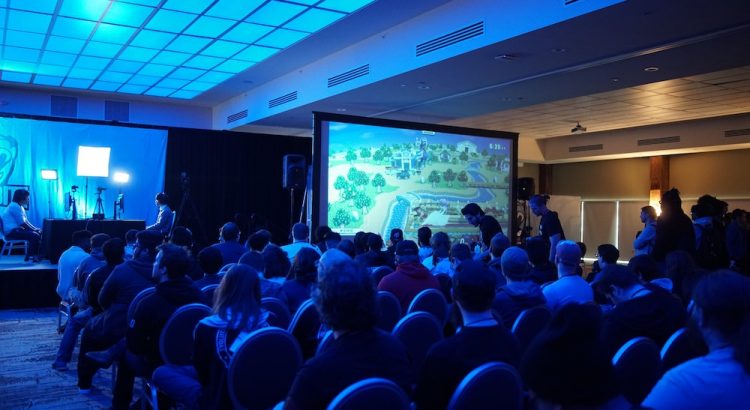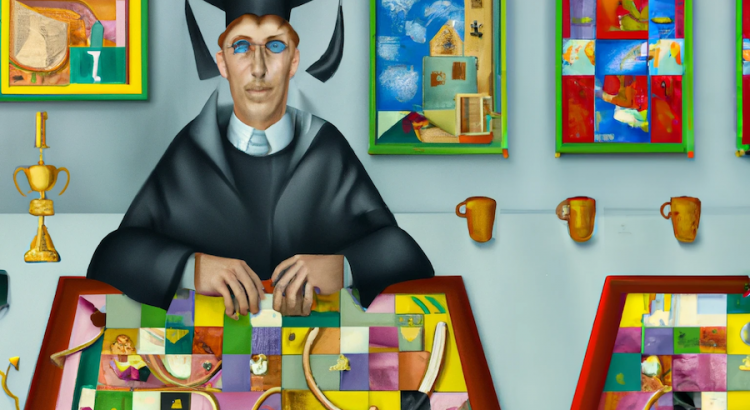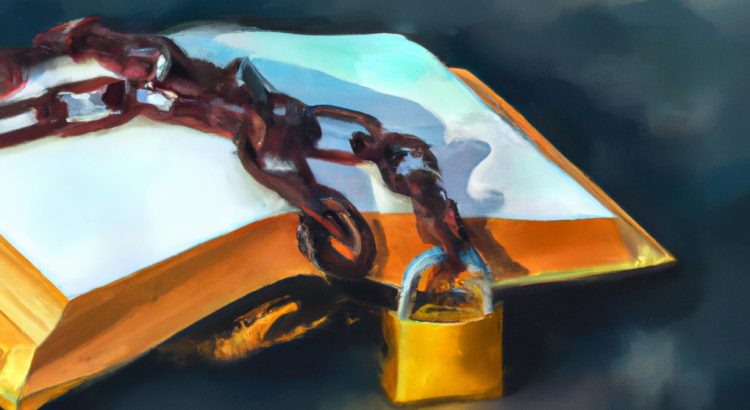Podcast: Play in new window | Download
Subscribe: Spotify | Email | TuneIn | RSS
Since the pandemic, we can honestly say that Josh and Dan “don’t get out much.” But we broke out of that rut to attend the annual conference for the American Society for Cell Biology – Cell Bio 2022 meeting in Washington, DC.
A scientific conference is a unique experience AND opportunity. Thousands of academics, researchers, students, and vendors are all in one place in order to ‘talk science.’
There’s so much potential to build relationships and drive breakthroughs, but there are also plenty of pitfalls. A meeting with this many people can be chaotic, overwhelming, and well, just plain exhausting.
So we got out the mobile recorder, dusted off the microphone, and asked attendees for their advice on navigating a large scientific conference with the best chance of success.
Read More




